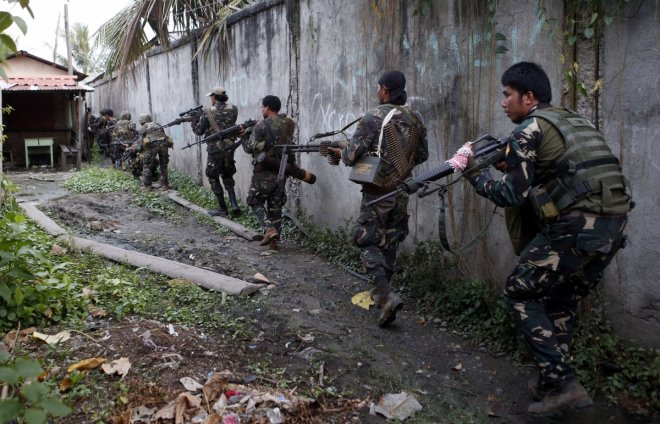
84 former members of the Abu Sayyaf Group (ASG) underwent rubber farming technology training in Basilan Province, after they surrendered to government authorities and availed the Philippine farming assistance program.
Department of Agriculture Provincial Chief, Gani Yahiya, told Philippine journalists that 84 former members of the Abu Sayyaf are now undergoing rubber trees propagation and hybrid corn training as part of their integration process to local communities.
Aside from the Department of Agriculture, the region's Department of Social Welfare and Development is also developing capacity development programs for the 84 former members Violent Religious Extremists (VRE).
The reintegration program started with a social fellowship event in a resort in Basilan province with the presence of Governor Mujiv Hataman, who heads the Autonomous Region in Muslim Mindanao (ARMM).
Part of the program was re-orientation of Islamic values sessions organised by moderate Islamic religious leaders in the province prior to the training on rubber farming technology.
Department of Interior and Local Government (DILG) senior local government officer Pablan Alih also told journalists that project like this is very challenging because one of the 84 beneficiaries is a 12-year-old former child soldier who is now being groomed to go back to school.
The former militants were escorted by different government representatives from the ARMM region, who educated them on modern farming technologies so that they can reintegrate themselves into mainstream society and start their livelihood activities.
The Philippine government has allocated USD 100 million for the development in Basilan province, the cradle of Southeast Asia's most feared militant group, Abu Sayyaf, who was reportedly involved in abducting sailors in the Philippine-Malaysia-Indonesia borders.
The USD 100-million worth development programs include farm to market roads, school buildings, and market facilities for farmers.
More than a hundred of Abu Sayyaf fighters in Basilan province surrendered to security authorities when Philippine President launched military offensives in Basilan and Sulu provinces by deploying 10,000 soldiers in these restive provinces. The military offensive was also coupled with development assistance to the communities to lure militants to return to Philippine's mainstream society.









